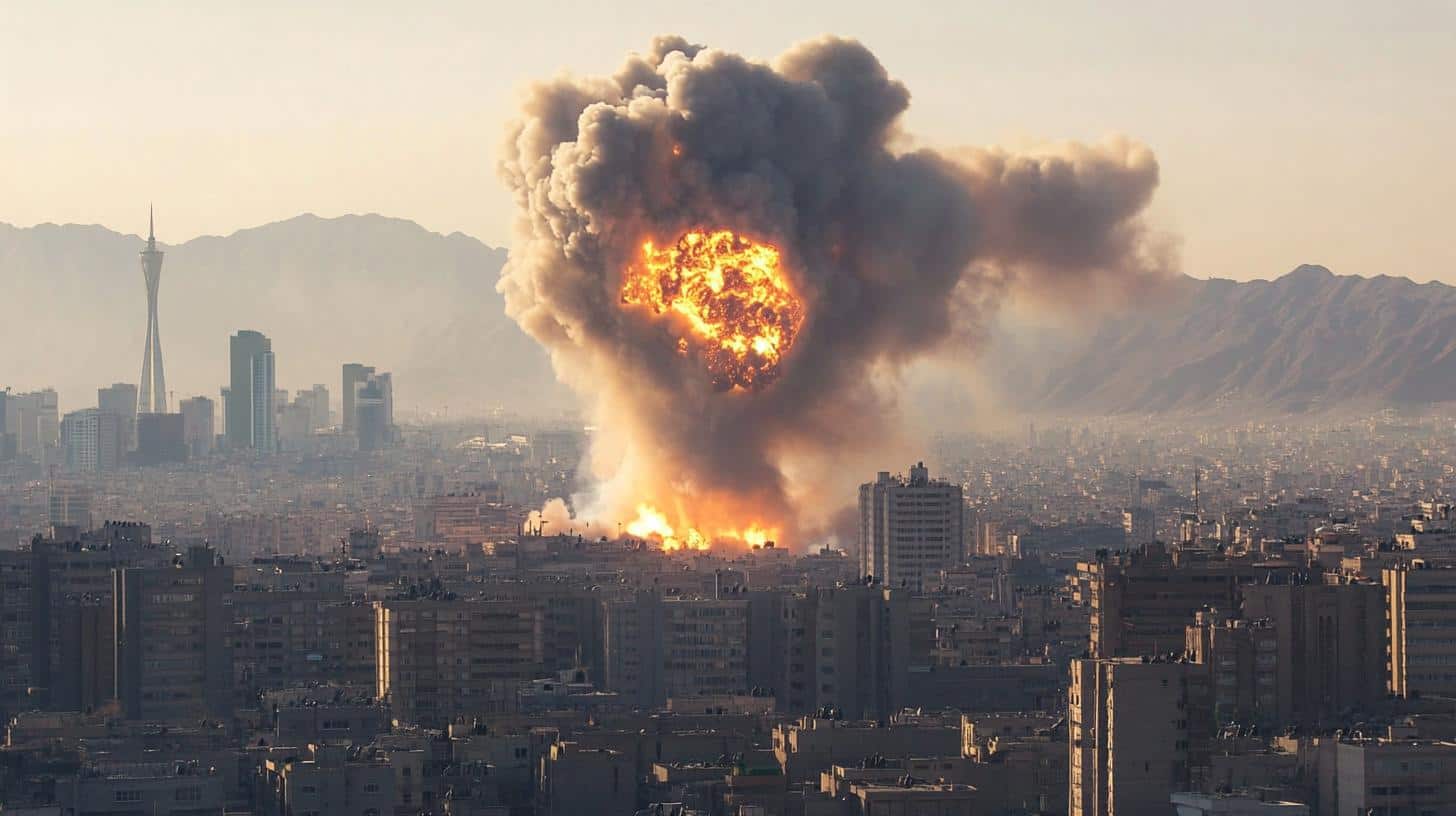In a recent press conference, Tehran’s spokesman, Baghaei, conveyed the Iranian government’s firm stance on responding to the latest hostilities involving its military installations. Using emphatic language, he assured that Iran intends to leverage all possible resources to counteract the strikes carried out by the Zionist regime.
Over the weekend, the Zionist regime executed several raids against Iranian military sites, a move that Tehran finds unacceptable. According to Baghaei, Iran is prepared to deliver a response that matches the severity of these aggressions, underlining the nation’s resolve.
Contrary to certain reports, Baghaei clarified that Israeli aircraft did not breach Iranian airspace during these incidents. Nevertheless, Tehran remains unwavering in its commitment to defend its borders against any future incursions.
Addressing remarks made by U.S. Vice President Kamala Harris, urging Iran to resist retaliatory conduct, Baghaei maintained that the United States is misguided in its approach by suggesting restraint. He cautioned that facilitating or ignoring such aggressions only emboldens the Zionist regime.
Furthermore, Baghaei highlighted Iran’s communication with Iraq, prompted by concerns that the Zionist regime might be exploiting Iraqi territory for its operations targeting Iran. Tehran has urged the Iraqi government to take action against such violations, stressing the international community’s duty to curb aggressive acts that breach other nations’ sovereignty.
Concluding his comments, Baghaei expressed Iran’s confidence that its neighbors have not authorized any acts of aggression originating from their territories.
Unseen Tensions: How Recent Military Strains Could Reshape Middle Eastern Politics
The Ripple Effects of Regional Conflicts on Civilian Lives and International Relations
The ongoing tension in the Middle East, as highlighted by recent hostilities between Iran and the so-called Zionist regime, extends far beyond military maneuvers, reaching into the realms of civilian life, international alliances, and regional stability. Here, we examine previously overlooked dimensions of these conflicts and their broader implications.
Impact on Civilians and Economy
One significant but often unmentioned consequence of these conflicts is their impact on civilian populations in the affected regions. In Iran and surrounding countries, such tensions can destabilize local economies, lead to interruptions in daily life, and increase the risk of unintended casualties. For instance, regions close to targeted military sites face heightened security measures and disruptions, which can stifle local businesses and communities. Beyond immediate physical dangers, prolonged instability tends to deter foreign investment and tourism, leading to economic stagnation.
Community Divisions and Internal Politics
These hostilities also exacerbate internal divisions within countries. In Iran, hardliner factions often gain strength following aggressive foreign actions, potentially leading to more rigid domestic policies. Such an environment can stifle social reform and exacerbate divisions between moderates and conservatives, affecting the country’s socio-political landscape.
Regional Alliances and Diplomacy
The international response to these events is complex. Countries in the Middle East, like Iraq, must navigate a delicate diplomatic path, balancing alliances with powerful neighbors like Iran against pressures from global powers like the United States. Iraq’s role is especially precarious, as allegations that its territory could be used for foreign military operations might strain its relationships with neighboring countries and raise questions about its sovereignty.
Pros and Cons of Geopolitical Engagement
While military preparedness and alliances can act as deterrents against potential aggressors, they can also lead to an arms race, diverting resources that could be used for national development towards military spending. On the other hand, a strong military response might ensure a country’s sovereignty and security, providing a context for peace through strength.
Should Countries Maintain a Military Focus in their National Strategy?
Some argue that concentrating on diplomatic engagement and regional cooperation might lead to long-term stability, fostering environments where economic and cultural exchanges could flourish. Others maintain that a well-equipped military is essential given the volatility of the region.
Related Controversies
A controversial aspect of these developments is the role of external powers in Middle Eastern politics. Questions arise about the ethical responsibility of countries like the United States in influencing or intervening in regional issues. Additionally, the ambiguous use of territories for military operations raises issues of sovereignty and international law.
For more insights and updates on this ongoing geopolitical conflict, visit BBC News or Al Jazeera.
Conclusion
As this situation unfolds, the stakes are high not just for Iran and Israel, but for the broader Middle East and beyond. The need for comprehensive dialogue and thoughtful diplomacy has never been more urgent, as the outcomes of these tensions could reshape not only regional but global political dynamics.







